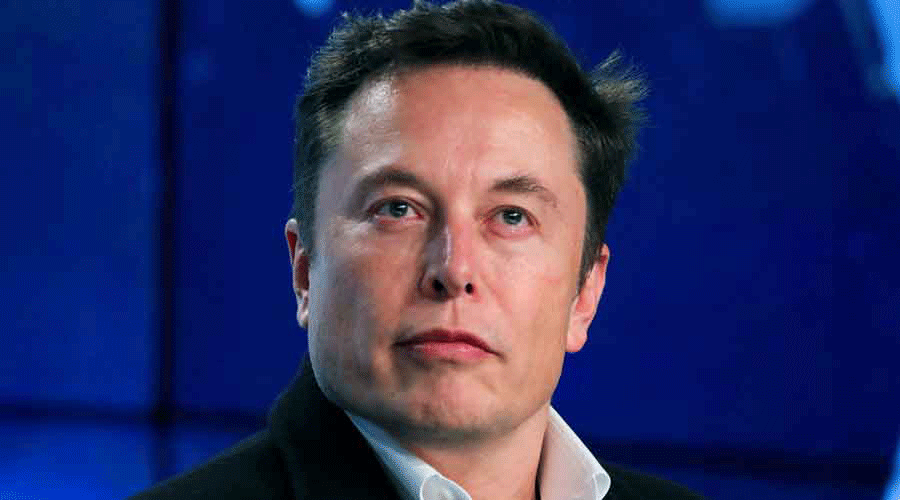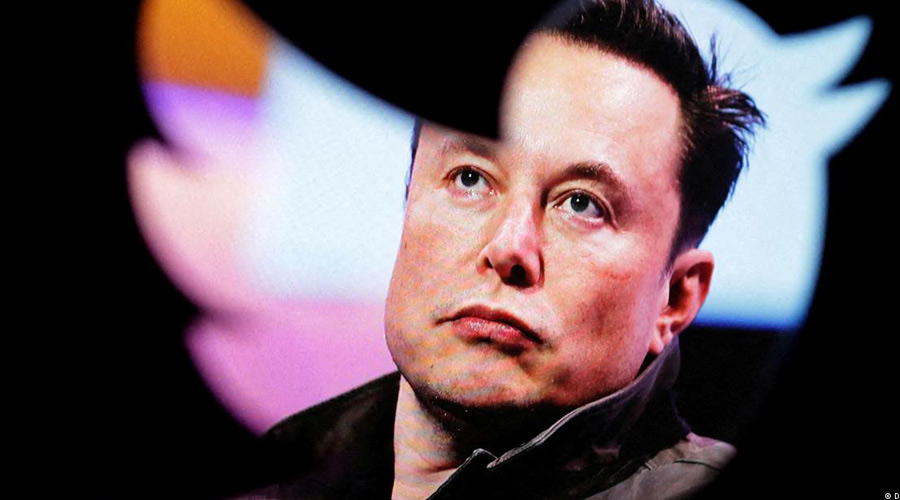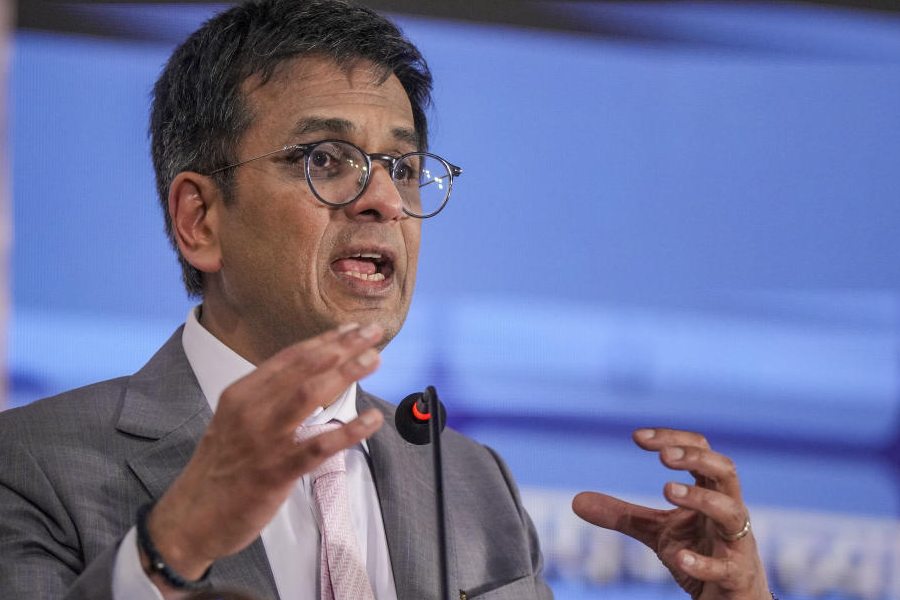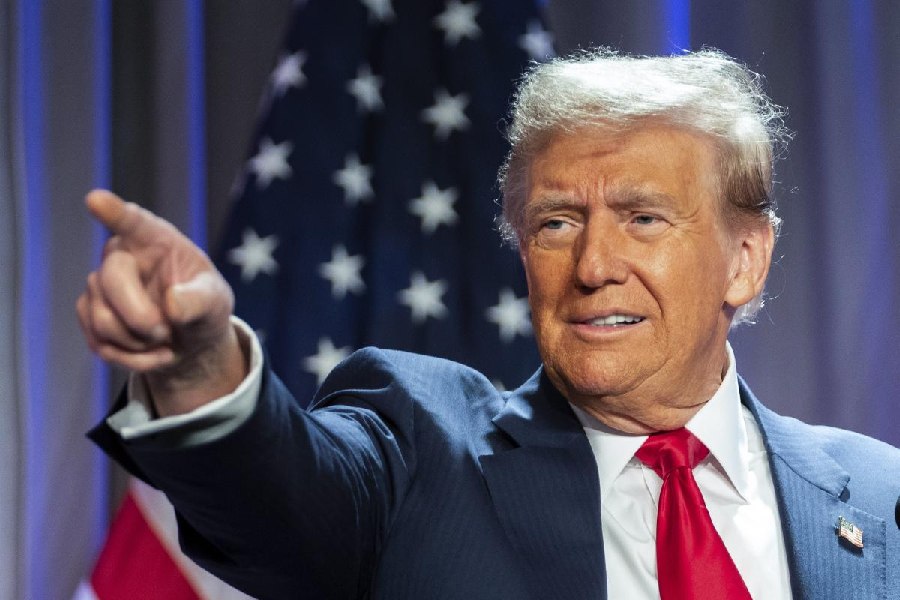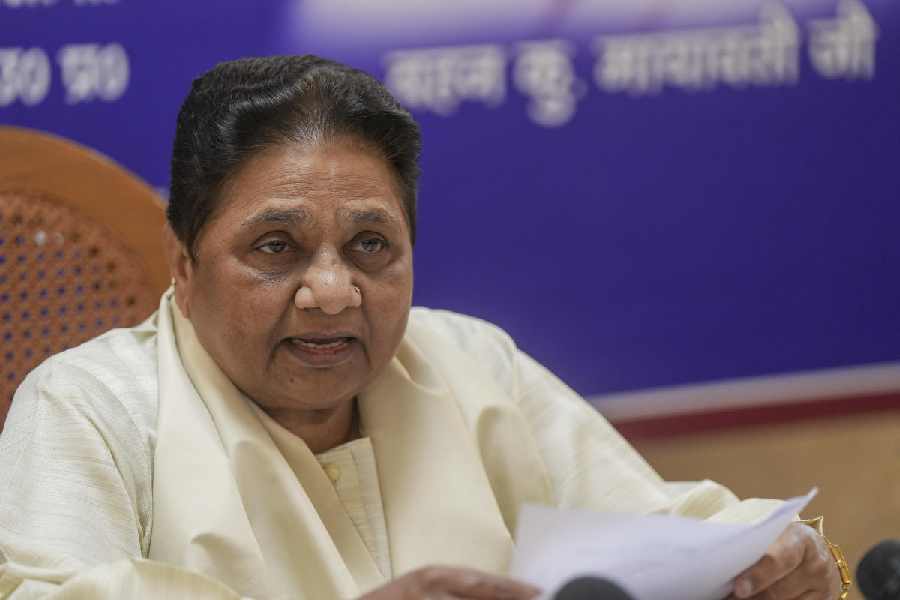“What’s going on here @tim_cook?” Elon Musk tweeted on Monday to Tim Cook, the chief executive of Apple, igniting a spat between the world’s richest man and the world’s most valuable public company.
In a series of tweets over 15 minutes, Musk, the new owner of Twitter, accused Apple of threatening to withhold Twitter from its App Store, a move that would limit some new users from downloading the app.
The action would amount to censorship, Musk said, with no explanation from Apple for why Twitter would be blocked. He added that Apple had also reduced its advertising spending on Twitter. With his tweets, Musk set the stage for a power struggle with Cook, who holds immense influence over other tech companies through Apple’s dominance.
Musk has a vested interest now in Apple’s clout because of his ownership of Twitter, which he bought last month for $44 billion. Twitter is distributed through Apple’s App Store and is used by iPhone and iPad owners around the world.
In one tweet, Musk implied he was ready for “war” with Apple. Musk has been poised to confront Apple since taking over Twitter. His business plan is predicated on shifting its revenue from dependence on advertising to a greater reliance on subscription sales. But any new subscription revenue will be subject to Apple’s practice of taking as much as a 30 per cent cut.
Musk’s complaints also come at a pivotal time for Apple. There’s a push in Congress during the final months of the year to advance a series of antitrust laws. Among the bills under consideration is the Open App Markets Act, which seeks to give developers more control over their apps and allow them to skirt the fees that Apple and Google charge.
“Elon is the latest chapter in a push to make App Store fees lower, and this will resurrect a topic that’s been fairly quiet over the past six months,” said Gene Munster, managing partner of Loup Ventures, a technology research firm. He said he anticipated a future in which App Store fees were reduced to around 20 per cent. Musk and a spokesman for Apple did not respond to requests for comment.
Apple has increasingly faced a backlash from app developers, as well as pressure from regulators and politicians around the world, over its App Store policies. The App Store has become a prime gateway where billions of iPhone users download Twitter, Facebook, Snapchat, games and all sorts of other programs, making it an arbiter of software distribution.
Apple uses the fees that it collects from its App Store, which was created in 2008, to pay a staff of several hundred people who review each app that it distributes. The company has said its app reviewers protect customers’ privacy and security, as well as prevent them from being subjected to fraud.
( New York Times News Service)

